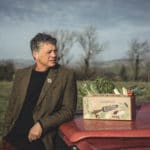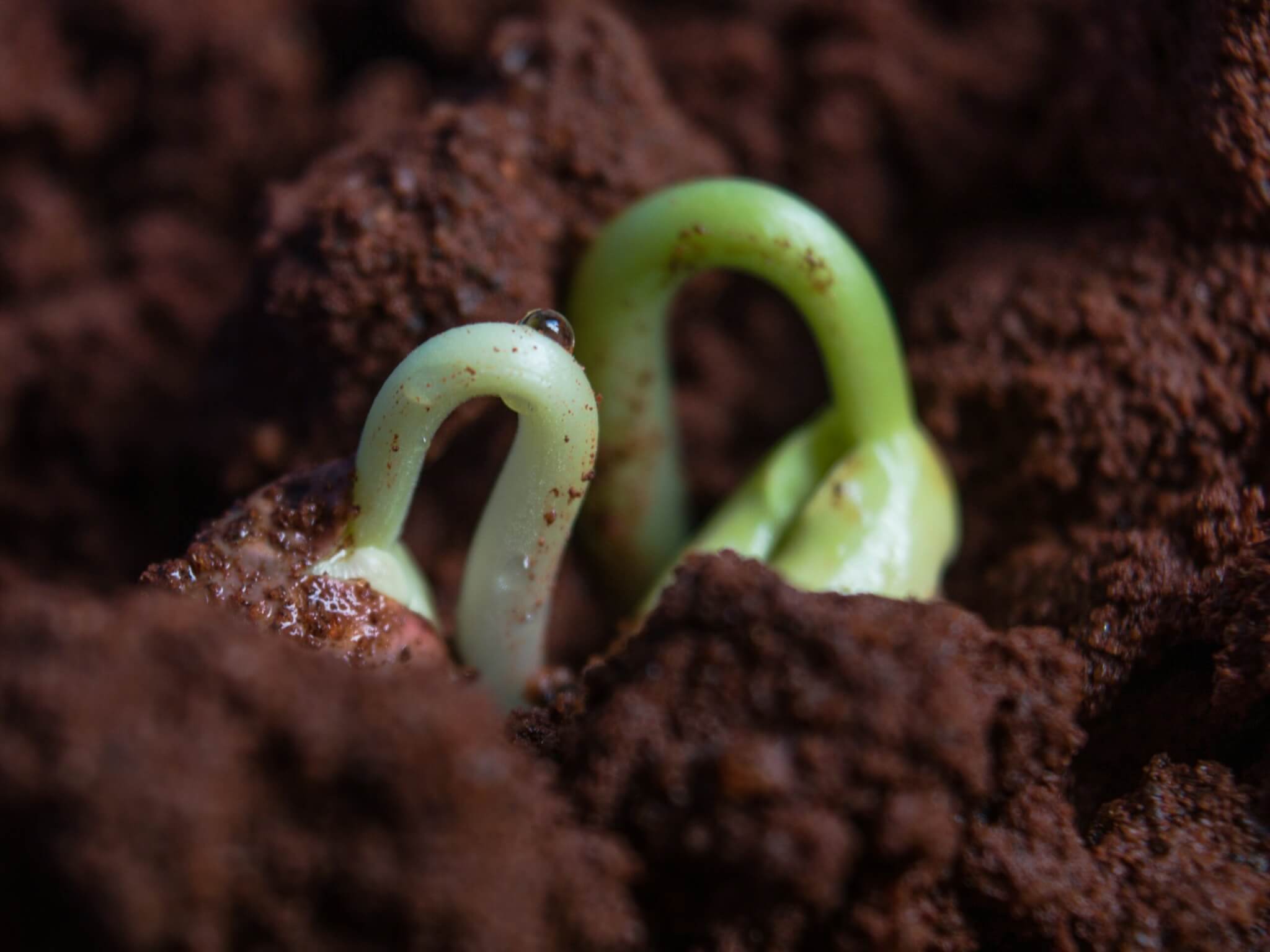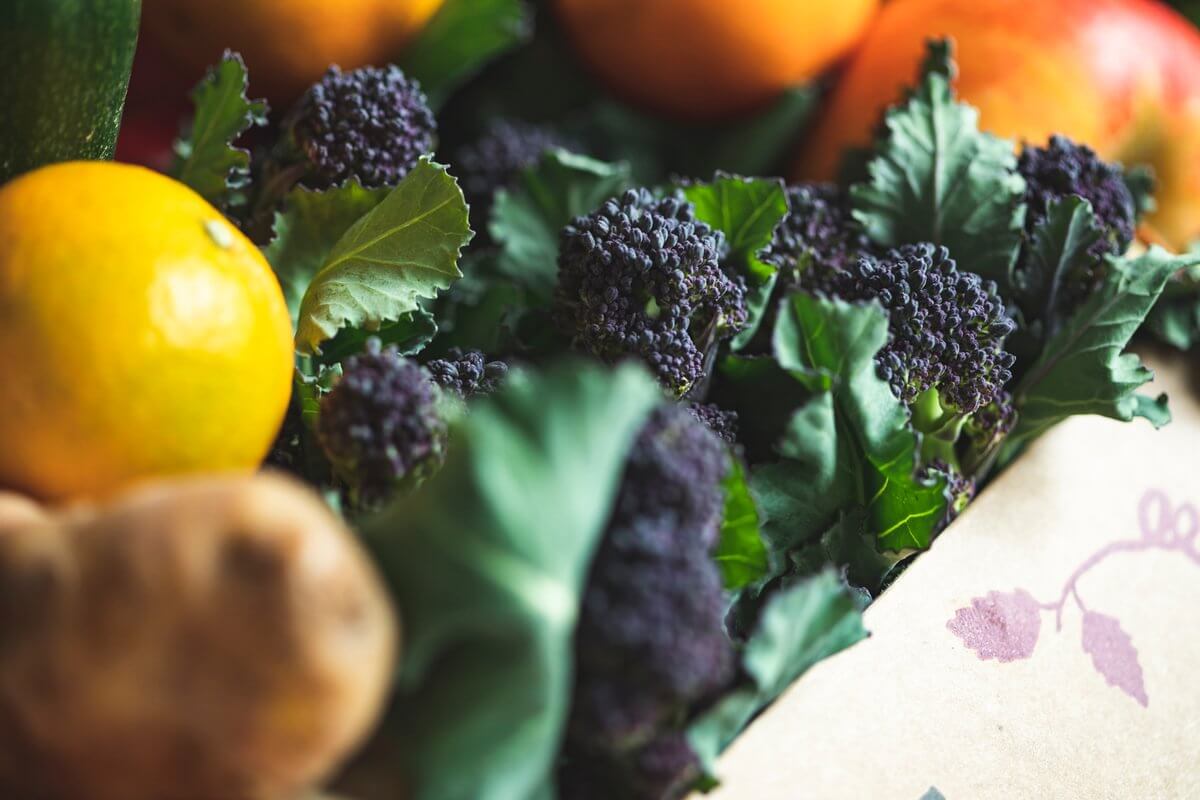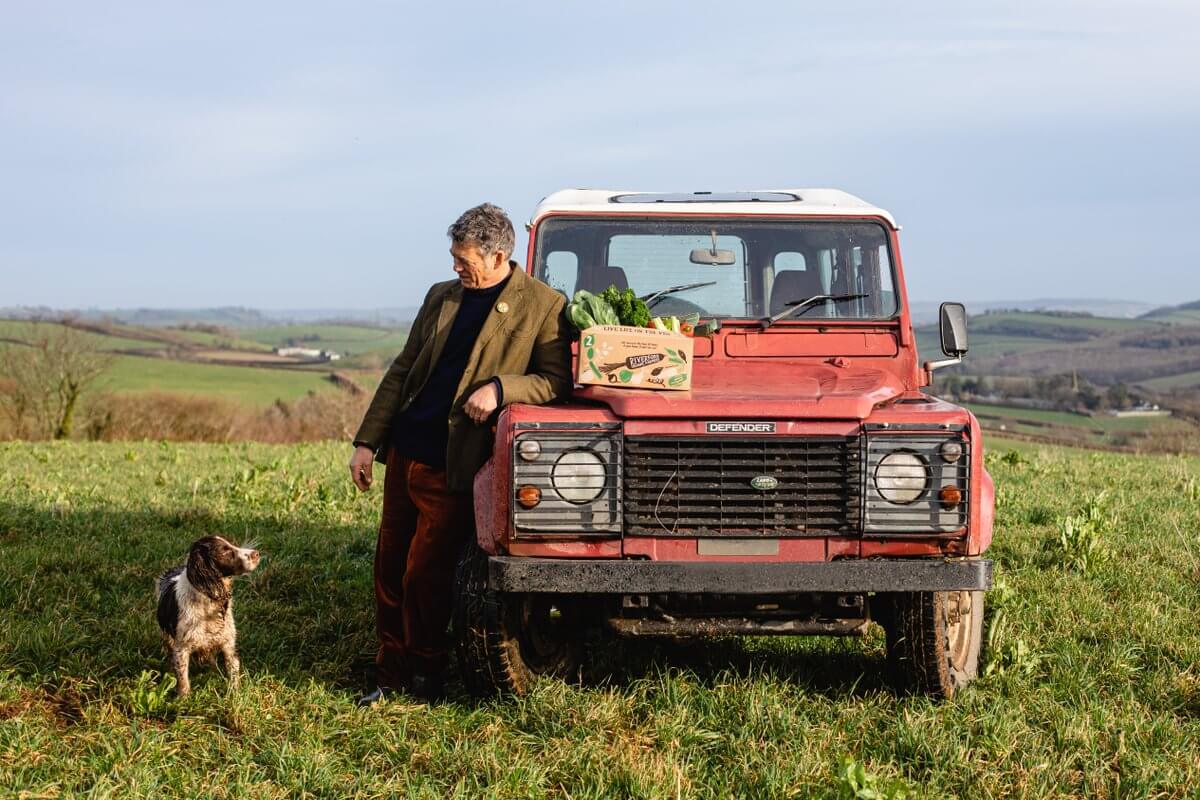I picked and ate my first strawberries today, about a week earlier than usual. After 40 years of trials, tribulations, and abandoning the crop three times in financial despair, I think we are close to developing an ethically acceptable and commercially viable method of growing tasty, seasonal strawberries with their roots in the soil. Success is not just about managing the crop; you need to think about the whole ecosystem, including the pickers. Here’s how:
- Plenty of good quality, mostly homemade compost creates a healthy soil biome and structure, giving plants the strength to fight off fungal diseases.
- Plenty of biodiversity (small fields with big hedges, grass breaks every 30m), and growing a mix of crops in small patches, maintains ecological balance. Pests such as spider mites and aphids are controlled effectively by the predatory wasps, hover fly, lacewings, and ladybirds which overwinter in the hedges.
- Piecework – i.e. paying pickers according to the amount they pick. You have to reward those with the dexterity, flexibility, and field-hardened ability to pick fast. For years I shunned piecework as a divisive and strife-ridden method of remuneration, but for strawberries there is no other way to get the job done.
- However much you pay, there has to be some fun for people to keep coming back. For two months, the farm takes on a festival vibe, as 20 or so pickers join the locals and pitch up around the reservoir in vans, tents, and caravans. Mostly it is pretty idyllic, despite the hard work.
- Spread the load and stress; managers must have time off, even in peak season.
- Not growing too many. If we had a hundred pickers, their humanity would be drowned out by the controls, regulations, and logistics. As a result, we have a limited supply of berries this year – but you can feel good about eating them.
Ours are amongst a tiny proportion (less than 5% and falling) of UK strawberries that are grown in the soil. I firmly believe that they have more flavour and nutritional value as a result – but tech bro proponents of growing on tabletops in polytunnels or glasshouses, either in bags of peat or hydroponically (fed a controlled solution of nutrients), will disagree. I am not rich enough to argue, so you must decide for yourselves. More on the challenges of growing organic fruit next week.
Our News from the Farm posts come from Riverford. They are the digital versions of the printed letters which go out to customers, every week via Riverford’s veg boxes. Guy Singh-Watson’s weekly newsletters connect people to the farm with refreshingly honest accounts of the trials and tribulations of producing organic food, and the occasional rant about farming, ethical and business issues he feels strongly about.














sadly, I haven’t found really good organic strawberries – they are often very large, and unripe and hard.
Pretty sure I’ve found that the case for Riverford in the past.
So I stopped buying ’em, until I forgot, and tried again.
Thanks for all your efforts.
c